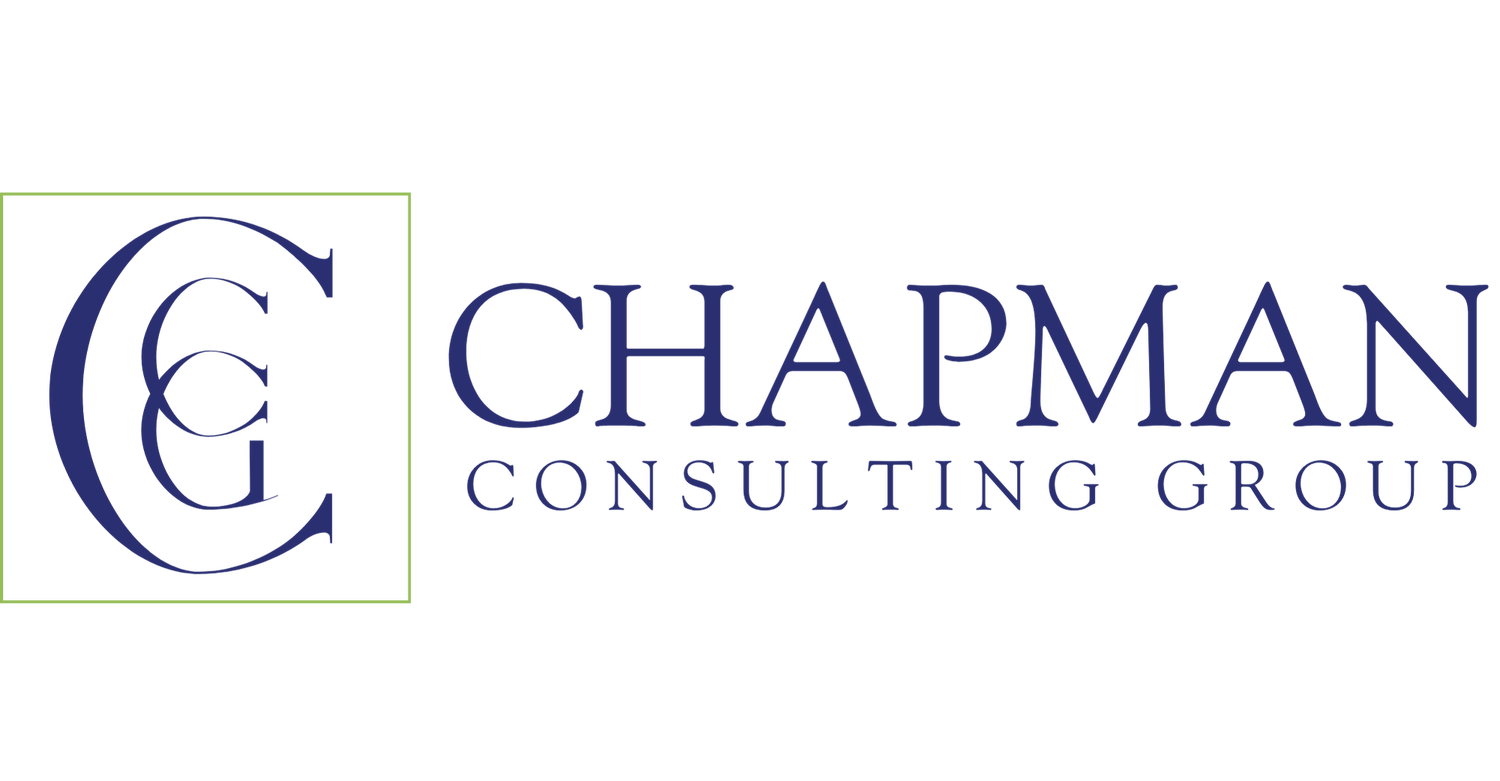Health Care Compliance Experts
Understanding the Role of Compliance in Healthcare: Officers vs. Lawyers
In the complex and highly regulated healthcare industry, ensuring compliance with legal and regulatory requirements is paramount. This necessity has given rise to two critical roles: the compliance officer and the healthcare compliance lawyer. Both play vital roles in ensuring that healthcare organizations operate within the law, but their functions, expertise, and approaches differ significantly. Unfortunately, confusion about this role has caused companies to have poorly utilized compliance programs that do not meet federal standards.
The Role of a Compliance Officer
A compliance officer is an essential figure within any healthcare organization, tasked with developing, implementing, and overseeing policies and programs that ensure the organization's activities comply with applicable laws, regulations, and standards. This role is not merely a recommendation but a requirement by the Office of Inspector General (OIG) of the U.S. Department of Health and Human Services. The OIG emphasizes the need for a compliance officer to ensure that healthcare entities adhere to legal and ethical standards, thereby protecting patients and the integrity of the healthcare system.
Responsibilities of a Compliance Officer
Compliance officers are responsible for:
Conducting risk assessments to identify potential areas of compliance vulnerability.
Developing and implementing compliance policies and procedures.
Providing training and education to staff on compliance issues.
Establishing and managing a system for reporting and investigating potential compliance violations.
Monitoring and auditing company practices to ensure compliance.
Ensuring that the organization meets the seven elements of an effective compliance program as outlined by the OIG.
Types of Compliance Officers
Healthcare organizations may require different types of compliance officers, depending on their specific needs and the regulations they must adhere to. These include:
HIPAA Compliance Officer: Ensures adherence to the Health Insurance Portability and Accountability Act, protecting patient health information.
FDA Compliance Officer: Focuses on compliance with the Food and Drug Administration regulations, particularly for organizations involved in the manufacture or distribution of pharmaceuticals and medical devices.
DEA Compliance Officer: Ensures compliance with the Drug Enforcement Administration's regulations, especially concerning controlled substances.
OSHA Compliance Officer: Oversees compliance with the Occupational Safety and Health Administration's standards for workplace safety and health.
Other compliance officers might focus on areas such as billing, research, and environmental health and safety.
The Role of a Healthcare Compliance Lawyer
A healthcare compliance lawyer specializes in the legal aspects of healthcare regulations. They are experts in healthcare law and provide legal advice, represent organizations in legal matters, and help navigate the complex landscape of healthcare regulations.
Responsibilities of a Healthcare Compliance Lawyer
Providing legal advice on compliance issues and regulations.
Representing healthcare organizations in investigations and legal proceedings related to compliance violations.
Assisting in the development of compliance policies and procedures from a legal perspective.
Conducting legal analysis and reviews to ensure organizational policies meet legal standards.
Compliance Officer vs. Lawyer: A Comparative Analysis
While both compliance officers and healthcare compliance lawyers play essential roles in ensuring regulatory compliance, their approaches and focuses differ. Compliance officers are more involved in the day-to-day operations and implementation of compliance programs, focusing on prevention and education. In contrast, compliance lawyers are typically consulted for legal advice, and representation, and to address compliance issues after they have arisen.
Being proactive with healthcare compliance by retaining a compliance officer can be more cost-effective and efficient than relying solely on a healthcare compliance lawyer. Compliance officers ensure that compliance is integrated into all areas of a company's operations, preventing violations that could lead to costly legal issues. While lawyers are necessary for legal advice and litigation, their services can be expensive, and relying solely on legal counsel is not sufficient for achieving comprehensive compliance.
Q&A Section
Does a Compliance Officer Need to Be a Lawyer?
No, a compliance officer does not need to be a lawyer. However, they should have a deep understanding of the healthcare regulations relevant to their organization and experience in compliance management. CCG Healthcare offers comprehensive compliance officer training that ensures compliance officers have the ability to ensure your organization is compliant.
What Does a Compliance Lawyer Do?
A compliance lawyer provides legal advice, represents organizations in compliance-related legal matters, and assists in developing policies that meet legal standards. Compliance lawyers are helpful for legal opinions but should not be utilized by your organization to execute a compliance plan. Lawyers often lack the specific experience and relationship to the staff that is required to ensure compliance is achieved at all levels. Hiring a lawyer for all of these functions is excessive, unnecessary and would be too expensive. An organization is better served with a chief compliance officer and an attorney who can provide advice. This will be much more cost effective.
What Does a Compliance Officer Do?
A compliance officer develops, implements, and oversees compliance programs, conducts training, monitors compliance, and ensures the organization adheres to all relevant laws and regulations.
How Much Does a Compliance Lawyer Cost?
The cost of a healthcare compliance lawyer can vary widely depending on their experience, the complexity of the issue, and the geographical location. Hourly rates for healthcare compliance lawyers can range from several hundred to over a thousand dollars per hour.
By understanding the distinct roles and benefits of compliance officers and healthcare compliance lawyers, healthcare organizations can better navigate the complex regulatory landscape, ensuring they operate legally and ethically while minimizing the risk of costly legal issues.
Ready to Get Started?
Schedule a free call with our experienced healthcare compliance investigators to discuss your practice, its needs, and how we can give you peace of mind in this highly regulated space.
